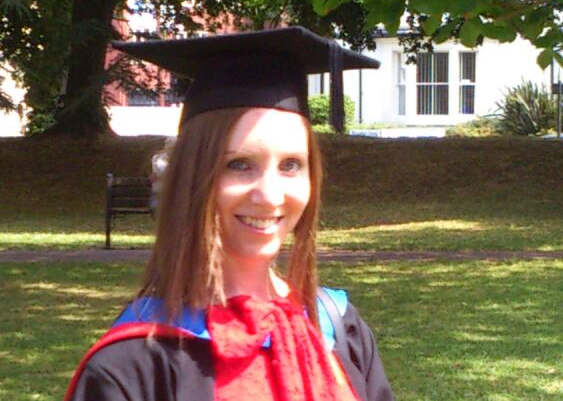Dr Rachael Moses develops a new way of understanding wound healing
Research Associate Dr Rachael Moses discusses her research into the wound healing process and her experience attending the GYSS Summit

Rainforest compounds could be crucial to accelerating the wound healing process according to research conducted by Dr Rachael Moses, Research Associate at the Melbourne Dental School.
Dr Moses arrived at the University of Melbourne in July 2021 to work with Professor Alastair Sloan, Head of Melbourne Dental School. Prior to arriving in Australia, she was working as a Postdoctoral Research Associate at Cardiff University, where she completed her PhD in tissue engineering in 2016.
Dr Moses’ research is primarily focused on how various natural compounds promote wound healing responses. A key discovery in her team’s research was the detection of healing properties in Fontain’s Blushwood trees from Queensland’s tropical rainforest. The compounds, located within the seeds of the fruit, were found to enhance wound healing responses.
Dr Moses is continuing her research into novel wound healing therapies, utilising 3D skin models sourced from human biopsies to test the wound healing responses to certain treatments.
“The skin models allow us to replicate the wound healing process, which means we’re able to get an accurate response in a non-invasive way.
“This is a more ethical alternative to the usual method, which involves testing on animals”, Dr Moses said.
Last year, Dr Moses was successful in her application to attend the 10th Global Young Scientists Summit (GYSS), which was held virtually across five days in January 2022.
The Summit was hosted from Singapore, which meant some late nights with the time difference, but it was an event Dr Moses couldn’t miss, given the rare chance to hear from multiple Nobel Prize winners in science and network with other young health and science professionals.
“It was brilliant to connect with other young scientists from across the world and join a WhatsApp group to maintain the new connections”, Dr Moses said.
Dr Moses noted how refreshing it was to hear from a number of prominent speakers who were down-to-earth and generous with their time.
“It was an amazing opportunity to hear from renowned scientists and have the chance to ask them questions about their research.
“Professor Ada Yonath [winner of the Nobel Prize in Chemistry in 2009] was particularly engaging and a great role model for women in science.
“One of the most valuable insights I learned from the speakers, who have achieved some of the highest honours you can in science, is that the awards and accolades are just a small part of their careers.
“If you really enjoy what you do, the awards may be a natural outcome of that, but they shouldn’t be the main driving force”, Dr Moses said.